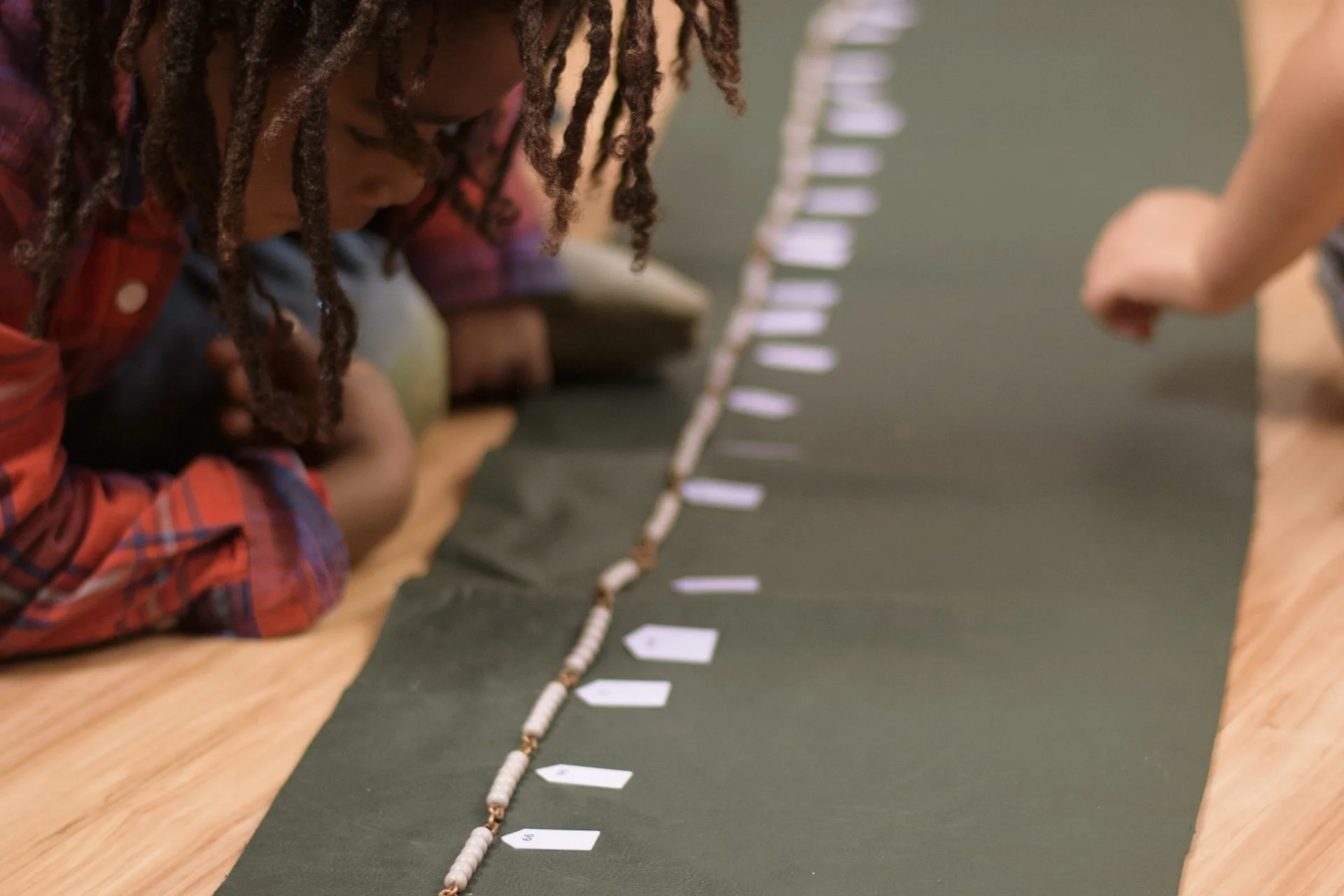Schools are opening for a new year. The teachers are ready, the students are excited, the parents happy, we are all in that “sweet spot” of the first days of school. Soon, ever so gradually, the questions will begin, solutions sought. Maintaining that “sweet spot” is important and to help keep it alive we offer here 9 essential tips for a successful beginning of school.
- Get Enough Sleep. Our children are busy. Too busy. In children, lack of sleep has been linked to behavior problems and the inability to concentrate and perform well in school. We all understand the importance of quality sleep, but when asked, parents responses are often well below the National Sleep Foundation recommendations. The NSF recommends children ages 6-10 get 10 to 11 hours of sleep per night and that teens get about 9 hours.
- Read your School’s Handbook. Really, read it. Everything you need to know on policies and procedures are contained within. Make it your bedtime reading. It may even help you sleep better at night!
- Foster Trust. In yourself, the school you have chosen, your child’s teacher and your child. From the moment our children come into our lives we are beginning to let them go and trust their development. Do what you can to improve this trust: ask questions, observe, be a volunteer in the school, participate in your child’s learning.
- Communicate. This goes hand in hand with building trust. Your teachers and administrators want to hear from you. They want to work with you for the benefit of your child. Agreeable solutions only happen when communication is open and flowing.
- Gift of Time: For the young child, the very act of slowing life down and giving him time to move at his own pace allows him to really experience and understand what he is doing. Creativity and new ideas spring from the opportunity to allow our older children time to daydream and process what is expected of them. It is also empowering for the child to set the pace of family life once in awhile. In order to support this, please turn off the screens and set aside time for this to happen.
- Respect and Accept your Child’s Gifts and Limitations: Know who your child truly is, rather than who you wish him to be. And then, follow him to his points of interest. He will thank you for it.
- Allow Independence. Teach your child how to get himself out of bed, make his lunch, prepare for the next day. Work to avoid the “rescue” when things are forgotten or left undone. Let him learn through his mistakes. They are the lessons most remembered.
- Teach Your Child Organization: Are you working like crazy to keep everyone and everything organized? Take a moment to teach your child how to organize himself and the things he needs for school. Help him to learn that being responsible and prepared supports his confidence and feelings of well being.
- Lighten Up! Current news reports tell us that EVERYTHING is important and immediate. Some things are. Many things are not.Take a deep breath in the moment, consider perspective, and consciously tell yourself that this too shall pass. Patience and humor go a long way in supporting our children.





